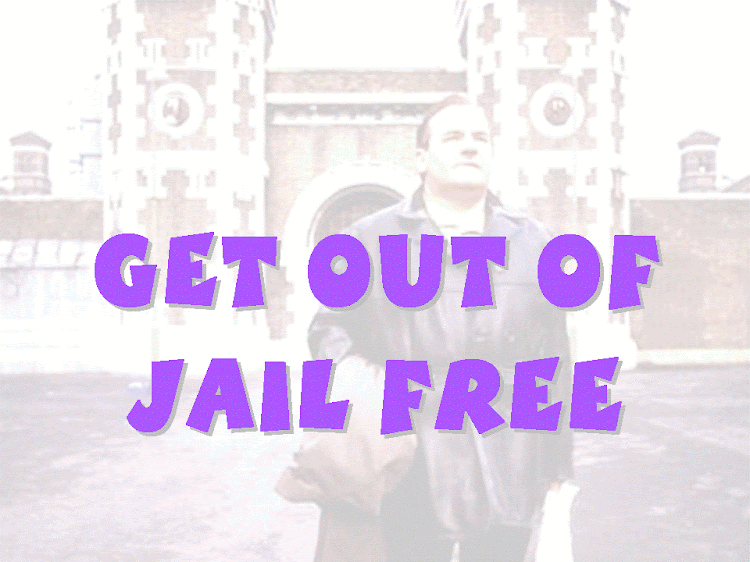
DULCE ET DECORUM EST, by Wilfred Owen.
Bent double, like old beggars under sacks,
Knock-kneed, coughing like hags, we cursed through sludge,
Till on the haunting flares we turned our backs
And towards our distant rest began to trudge.
Men marched asleep. Many had lost their boots
But limped on, blood-shod. All went lame; all blind;
Drunk with fatigue; deaf even to the hoots
Of tired, outstripped Five-Nines that dropped behind.
Gas! Gas! Quick, boys! – An ecstasy of fumbling,
Fitting the clumsy helmets just in time;
But someone still was yelling out and stumbling,
And flound'ring like a man in fire or lime . . .
Dim, through the misty panes and thick green light,
As under a green sea, I saw him drowning.
In all my dreams, before my helpless sight,
He plunges at me, guttering, choking, drowning.
If in some smothering dreams you too could pace
Behind the wagon that we flung him in,
And watch the white eyes writhing in his face,
His hanging face, like a devil's sick of sin;
If you could hear, at every jolt, the blood
Come gargling from the froth-corrupted lungs,
Obscene as cancer, bitter as the cud
Of vile, incurable sores on innocent tongues,
My friend, you would not tell with such high zest
To children ardent for some desperate glory,
The old Lie: Dulce et Decorum est
Pro patria mori.











12 comments:
I have loved this poem for more than thirty years, not because it is pleasant or beautiful but because it is so powerful and true. Thank you for posting it. It is so relevant.
That is still the most chilling of all war poems; all the more so since my father was involved in the disposal of stockpiled gas weapons after WWII, and I grew up to the stories of that dreadful, and often fatally dangerous, work.
We need to remember...
I've come from Ruth's blog to read this poem. It is very powerful and sad... As are all thoughts of war.
Thank you for introducing me to this very powerful antiwar poem. This should be required reading as we prepare to honor the veterans of war this week. War no more. Never again!
Beautiful - I love the way the words make you think about war, the sheer sadness and waste of life for what?
This is a powerful poem, reminding us of the amazing and yet brutal sacrifice of brave people, for the great cause of Freedom. Thanks for posting it.
I too first read this poem at school more than thirty years ago and it made an impression on me that has lasted ever since - the picture it paints is so crystal clear and the weary bitterness of the final tone still tightens my throat, thank you for this post.
It's all been said above but it is a powerful poem.
Another visitor via Ruth. Very powerful poem. 90 years since that WWI Armistice. What have we learnt?
My grandfather was gassed in WW1 - Mustard gas, I believe. He survived, but I never heard him take a quiet breath.
For the rest of his life his breathing was harsh and he was stick-thin - which I now know to be connected with the energy needed for the work of breathing with damaged lungs. He did live a long life, but my clearest memories of him are of a thin, blue-lipped man who wheezed constantly. He had developed emphysema and each breath was a struggle.
He was a sweet man, and like many others, never said much about the war.
Thanks all, esp. mikef and jay. Your comments ground the post in real lives.
I had to study the poem for higher English, in 1982, at the same time as the Falklands War was happening, and the two things together affected me profoundly and lastingly.
"If you can read, thank a teacher. If you can read English, thank a soldier."
Perhaps the second sentence should read: "If English is your mother tongue, thank a British, Australian, New Zealand, Rhodesian, South African, Indian or American soldier, sailor or airman."
It may be the fact that my elder son is trying to get into the British Army (thank you to the Cultural Marxists in charge of English education for destroying the life chances of the bottom 20% of English boys), but the longer I live the more I agree with Winston Spencer Churchill, who wrote:
"We sleep soundly in our beds because rough men stand ready in the night to visit violence on those who would do us harm."
Alfred of Wessex
Post a Comment